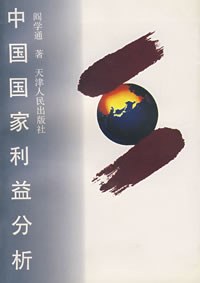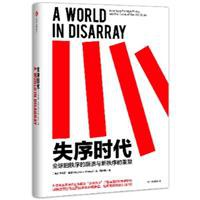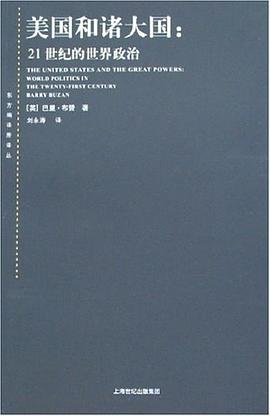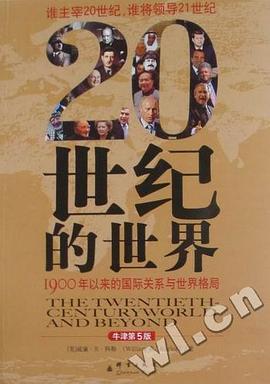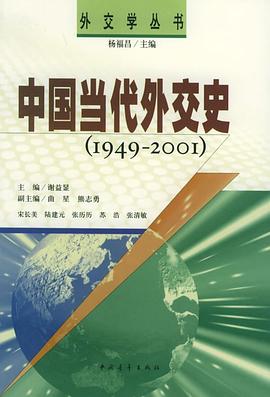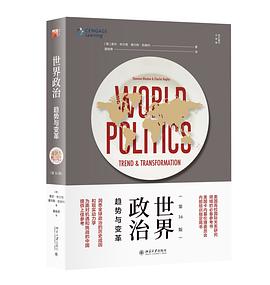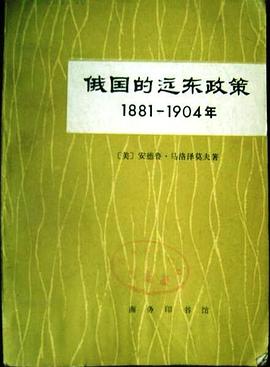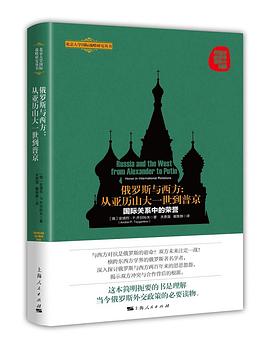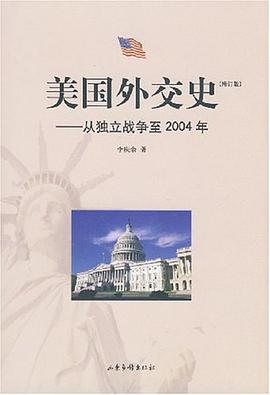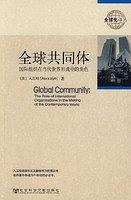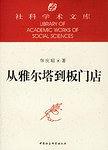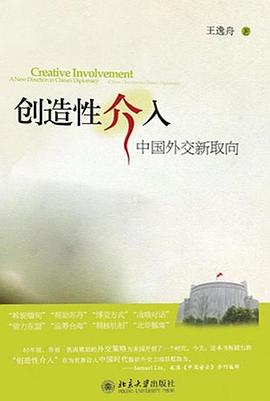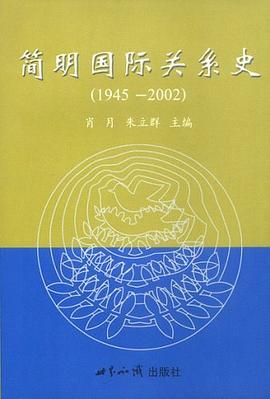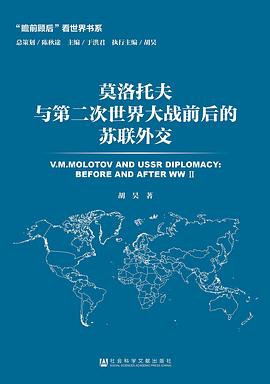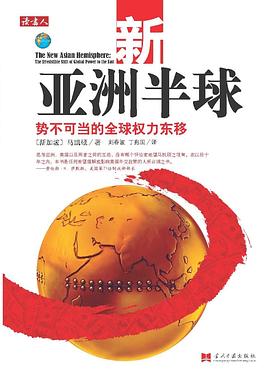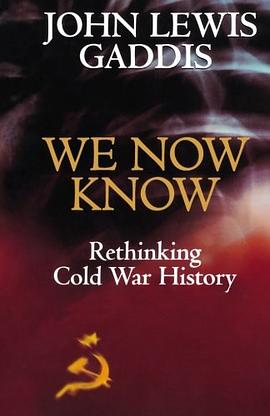

具体描述
The end of the Cold War makes it possible, for the first time, to begin writing its history from a truly international perspective, one reflecting Soviet, East European, and Chinese as well as American and West European viewpoints. In a major departure from his earlier scholarship, John Lewis Gaddis, the pre-eminent American authority on the United States and the Cold War, has written a comprehensive comparative history of that conflict from its origins through to its most dangerous moment, the Cuban missile crisis. We Now Know is packed with new information drawn from previously unavailable sources; it also reflects the findings of a new generation of Cold War historians. It contains striking new insights into the role of ideology, democracy, economics, alliances, and nuclear weapons, as well as major reinterpretations of Stalin, Truman, Khrushchev, Mao, Eisenhower, and Kennedy. It suggests solutions to long-standing puzzles: Did the Soviet Union want world revolution? Why was Germany divided? Who started the Korean War? What did the Americans mean by "massive retaliation"? When did the Sino-Soviet split begin? Why did the U.S.S.R. send missiles to Cuba? And what made the Cold War last as long as it did? This is a fresh, thought-provoking and powerfully argued reassessment of the Cold War by one of its most distinguished historians. It will set the agenda for debates on this subject for years to come.
作者简介
目录信息
读后感
评分
评分
评分
评分
用户评价
作者在开头就直白的表示了自己的立场,冷战的前半部分是斯大林个人统治下的俄罗斯和美国的较量,其中互相猜疑和对对方外交、军事政策的错误解读造成了两国在冷战的路上一去不复返。这是斯大林美国中国的宫斗纪啊。
评分传统美国中心论
评分you know i don't know
评分= =事后诸葛亮 哼
评分过于琐碎,没有太新的观点,对新发现的档案资料的解读尚浅
相关图书
本站所有内容均为互联网搜索引擎提供的公开搜索信息,本站不存储任何数据与内容,任何内容与数据均与本站无关,如有需要请联系相关搜索引擎包括但不限于百度,google,bing,sogou 等
© 2025 book.quotespace.org All Rights Reserved. 小美书屋 版权所有

